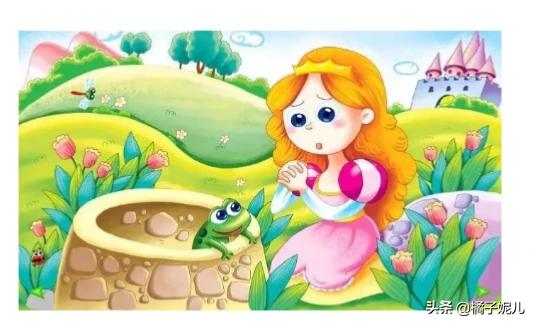皇帝的新装故事_《国王的新装》原文
七年级上册皇帝的新装写的是一个皇帝很爱新装,两个骗子就拿给它做特殊的新装为由进行行骗,而皇帝和大臣为了自己的面子,甘愿受骗上当,揭露和讽刺了皇帝和大臣的虚伪,愚蠢,自欺欺人的丑行,告诉我们应该保持一颗童心,无私无畏,敢于说真话。
“任何不称职的或者愚蠢得不可救药的人,就看不见这衣服”。骗子投其所好,诱其上钩。衣服奇怪的特性,为下文描写皇帝和大臣们的虚伪和丑态作了铺垫,推动故事情节的发展。
是“这种布不仅色彩和图案都分外美观,而且缝出来的衣服还有一种奇怪的特性:任何不称职的或者愚蠢得不可救药的人,都看不见这衣服。”因为这句话是全文故事情节发展的关键。皇帝、大臣之所以上当受骗,老百姓之所以不敢讲真话,都是因为“新装”的这一奇怪的特性。这句话也使文章有了一个全新的主题。所以这是《皇帝的新装》一文在故事情节发展中起关键作用的语句。
Long ago and far away,there lived an Emperor.This Emperor was very vain and could think about nothing but his clothes.He had wardrobes and cupboards full of clothes.They filled his spare bedrooms and upstairs corridors of the palace.
The Emperor spent hours every morning getting dressed.He had to choose his outfit,preferable a new one,and the shoes and wig to go with it.Mid-morning,he invariably changed into something more formal for his short meetings with his counsellors and advisors.He would change again for lunch,and then again for a rest in the afternoon.He just had to change for dinner and them again for the evening!
But the Emperor is a wiser man now,and spends a lot more time with his advisors and far less with his tailors.
1. 国王的新装是一则经典的英文故事。
2. 这个故事讲述了一个国王被骗穿了一件看不见的新衣服,而他的臣民都不敢说实话,只有一个小孩勇敢地指出了国王的真实情况。
3. 这个故事告诉我们,有时候人们会因为害怕批评或者迎合他人而不敢说出真实的想法。
而勇敢说出真相的人往往能够引起改变和正义的力量。
这个故事也提醒我们要保持独立思考和勇于表达自己的观点。
The Emperor's New Clothes" is a short story written by Danish author Hans Christian Andersen. Here is a brief summary of the story:
There was an emperor who loved clothes more than anything in the world. Two con artists heard of this and came to the court pretending to be weavers. They convinced the emperor that they could weave a fabric that was only visible to those who were wise and smart, while those who were foolish or unfit for their positions would not be able to see it. The emperor gave them a large sum of money to make this fabric, eager to know which of his ministers were unfit for their positions.
国王的新衣故事是一个经典的童话故事。
这个故事告诉我们,国王被骗穿了一件不存在的新衣服,因为大家都害怕承认自己看不见。
最后,一个小孩毫不畏惧地说出实话,让所有人明白真相。
这个故事教育我们要勇敢地说出真相,不要被欺骗。
The king was fooled by two weavers who claimed to make invisible clothes. Only a child pointed out that the king was naked, as the clothes were non-existent. The lesson is to not be deceived by Appearance and to be Cautious of flattery.
Once upon a time, there was a king who always thought he was wearing his new robe. His people said that the king had put on his new robe and they all thought so. But deep down, theking knew that he didn't have put on his new robe because no one had seen him in it before.
(Note: This is an English version of "The King's Cloak".)
从前,有一位国王,他总是认为自己穿着他的新长袍。他的人民说,国王已经穿上了他的新长袍,他们都这么认为。但在内心深处,国王知道他没有穿上他的新长袍,因为以前没有人见过他穿着长袍。
(注:这是英文版的《国王的斗篷》。)

